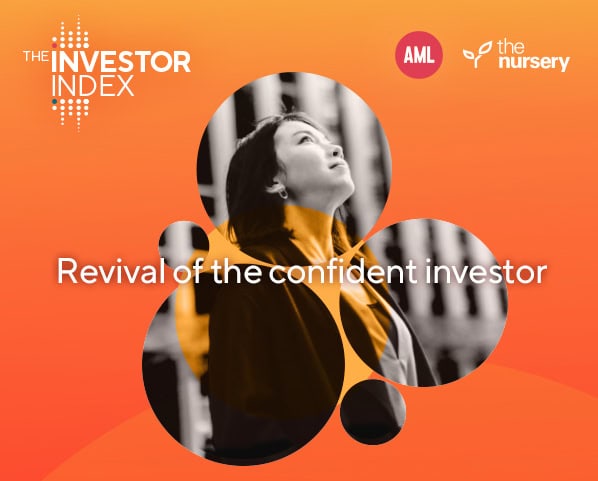In April this year, along with our research partners at The Nursery, we conducted fieldwork among 1,100 UK investors (with £10,000+ invested) and a range of advisers, from IFAs through to wealth managers. It was a larger sample repeat of a first study (at the same time last year) to gauge investor confidence before and after the emergence of Covid-19.
At first sight, this year’s study appears positive for advisers.
They report strong business growth and increased demand for their services. And time is finally in greater supply because of the virtual management of relationships between advisers, clients and providers.
With 50 per cent agreeing that the way they communicate with their advisers has changed forever, compared to 34 per cent in 2020, clients seem to think this pandemic ‘time dividend’ is here to stay. And that should mean more opportunity for advisers to develop an enhanced service for clients and to strengthen the bonds even further.
The combination of a time dividend for advisers and a greater level of savings for many younger, previously non-advised people should mean a greater addressable market for advisers, but it may not feel to many advisers as though that is what’s happening now.
I say that because there is a lot going on. There are the well-documented inroads from robo-advisers and major investment providers at home and from overseas offering their own advice solutions and driving margins down in the process. But there is also something more fundamental to the future of advice in the UK, and arguably throughout Europe – and it’s all about people.
Younger and new investors (75 per cent of new investors in our sample were under 35 years old) are rejecting conventional advice channels, with 40 per cent relying on family for advice, 30 per cent on banks and 27 per cent on friends. Only 4 per cent now always get advice from experts. Additionally, 40 per cent also say they have invested more with DIY platforms since Covid-19 started.
If we put this into the context of the circa £180bn additional funds that were swelling UK bank accounts by April, cash Isas currently offering around 0.5 per cent at best and a £5.5tn intergenerational wealth transfer forecast over the next 30 years, it makes difficult reading for UK advisers.
As other research has shown new, younger and increasingly female investors are questioning the status quo as never before, rejecting the advisers their parents have used, seeking out investments and peer opinions that share their values for the planet, society and the way their lives and the world is run.
The DIY generation
Meeting this new and growing investor challenge is difficult when the appetite for advice seems diminished.
The new DIY generation declare themselves significantly more “excited”, “open to risk”, “happy to experiment” and yet “confused” compared with the over 55s. This is hardly a recipe for happy investment outcomes when cynical market manipulators are promoting ‘meme’ stocks only to pull out just before posting that everyone else should.
So, what’s to be done? Providers and platforms can alert new and younger investors to the potential pitfalls of self-direction based on peers’ opinions.
But perhaps advisers are in a stronger position. With more time on their hands, they can work harder to align their offer more with the interests and attitudes of the younger investor.
If they can do that, there will be greater numbers coming into the advice profession with a real sense that they can make a difference, too. With the current generation of advisers retiring (some 60 per cent by 2030), the industry needs to recruit younger professionals whose values reflect those of the younger investor population.
So, just as institutional investors sought more uncorrelated alternative investments after the 2008 financial crisis, perhaps retail advisers need to familiarise themselves better with the opportunities and challenges of new investment trends today.
For example, environmental, social and governance factors, crypto, simple online account access and management, and greater transparency for investors over what is in their investments, how much they are paying for what, and so on.
It may be that today’s younger investors are no more interested in the minutiae of why or how their investments perform than their seniors have been.
But we do know that trust must first be established, and what was once the mysterious appeal of the smoke and mirrors of investment will likely be a barrier to that, for new, younger investors and advisers alike.
If all that advisers use the pandemic time dividend for is enhancing their offer to current clients, there may be a much-diminished industry left when they move on.
AML and The Nursery’s Investor Index 2021 research report is available at https://investor-index.com/.
Link to original article on FT Adviser: https://www.ftadviser.com/investments/2021/07/15/advisers-need-to-think-differently-to-capture-the-next-generation-of-clients/?page=1


